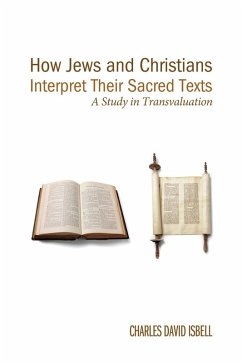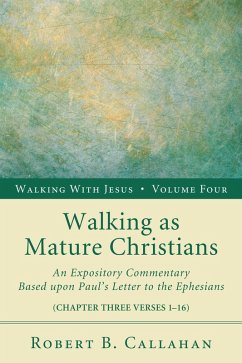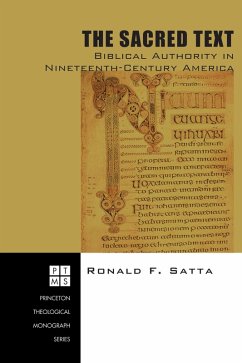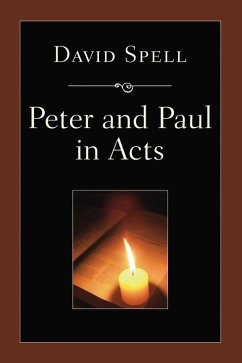How Jews and Christians Interpret Their Sacred Texts is a comparative textual study that demonstrates the connections between the Hebrew Scriptures, sacred to both Judaism and Christianity, and the Jewish Talmud and Christian New Testament, which respectively became the bases for all modern systems of the two faiths. Even as official interpretations changed from "plain sense" to more elaborate explications, commentators in both faith systems continued to hold to the position that their conclusions were not only based firmly upon the initial authoritative text, but were in fact the natural extension and continuation of it. To describe these classical and early post-classical appropriations, Isbell discusses the "transvaluation" of texts, or efforts to retain the core values of authoritative sacred texts that are bound to specific times and situations while seeking to extrapolate from these ancient documents meanings that are relevant to current faith and praxis. As Isbell shows, transvaluation presupposes both the freedom and the necessity of reinterpreting perceived timeless teachings in light of historical, theological, sociological, and political developments that occurred long after the composition of the texts themselves.
Dieser Download kann aus rechtlichen Gründen nur mit Rechnungsadresse in A, D ausgeliefert werden.









